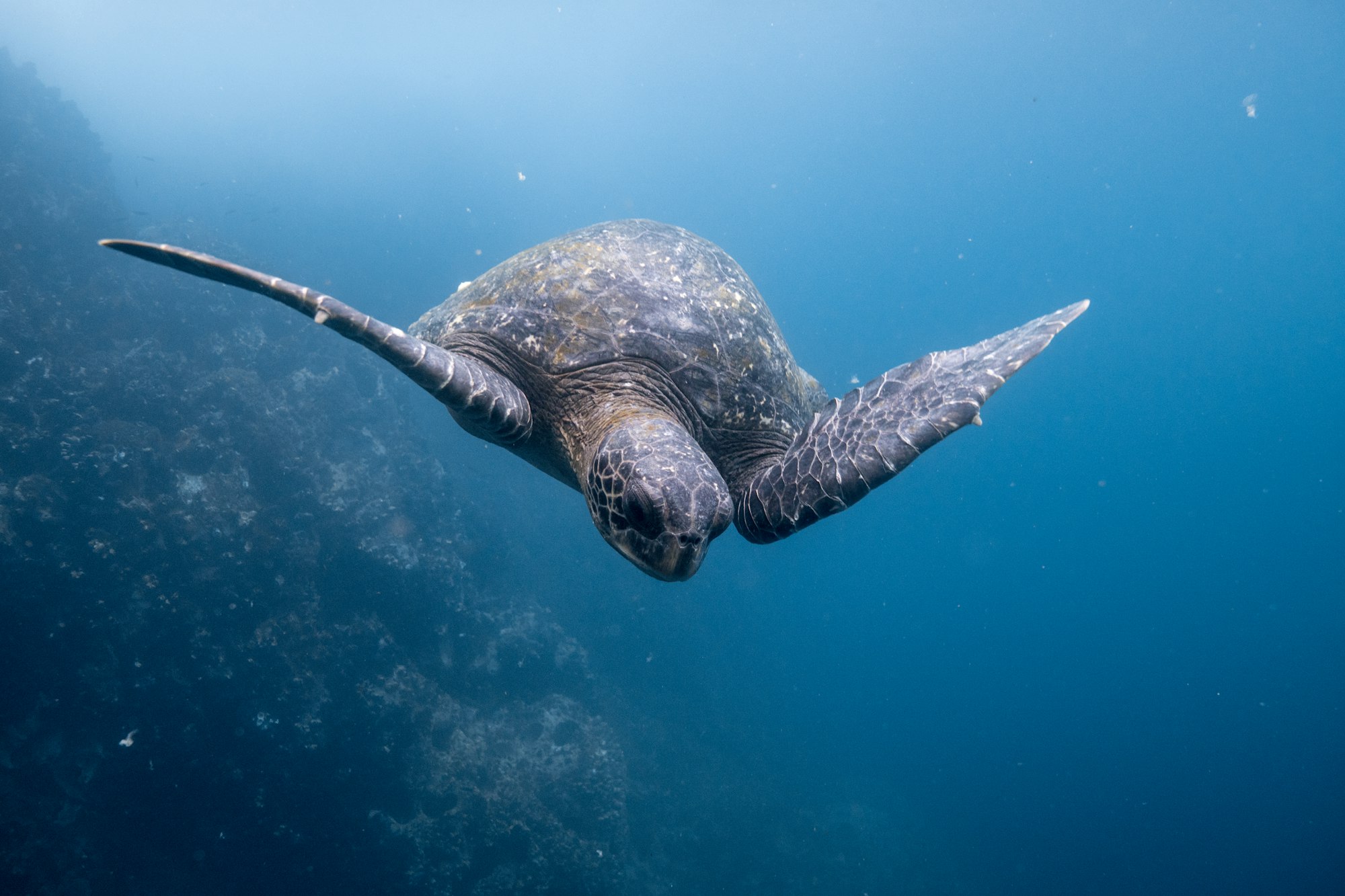
🐢 Long-term protection of sea turtles gives results
A hunting ban introduced over 50 years ago has led to a strong recovery for the green sea turtle.
Share this story!
In 1968, hunting of green sea turtles was banned on the Aldabra Atoll in the Seychelles. A study carried out recently, over 50 years later, shows that the protection has been of great benefit to the turtles according to the University of Exeter in the UK.
Before the protection was introduced, turtle females laid 2,000–3,000 eggs on the beaches each year. Today, that number is up to over 15,000 eggs. The litters of turtle cubs born on the Aldabra Atoll have increased by an average of 2.6 percent each year since the hunting ban was introduced.
The reason why the ban has given such a great result is that most of the turtles that were caught were females that came up on the beach to lay eggs. They were easy to catch, but when they were caught, of course, those who would lay eggs in the future also disappeared.
The population of green sea turtles is still relatively low, so the researchers expect that the recovery will continue for many more years before it reaches an ecological equilibrium.
"The increase in green sea turtles on Aldabra Atoll shows that long-term protection works and that we have reason to feel optimistic about the protection of marine environments", says Professor Brendan Godley at University and Exeter and one of the researchers behind the study, in a press release.

By becoming a premium supporter, you help in the creation and sharing of fact-based optimistic news all over the world.



